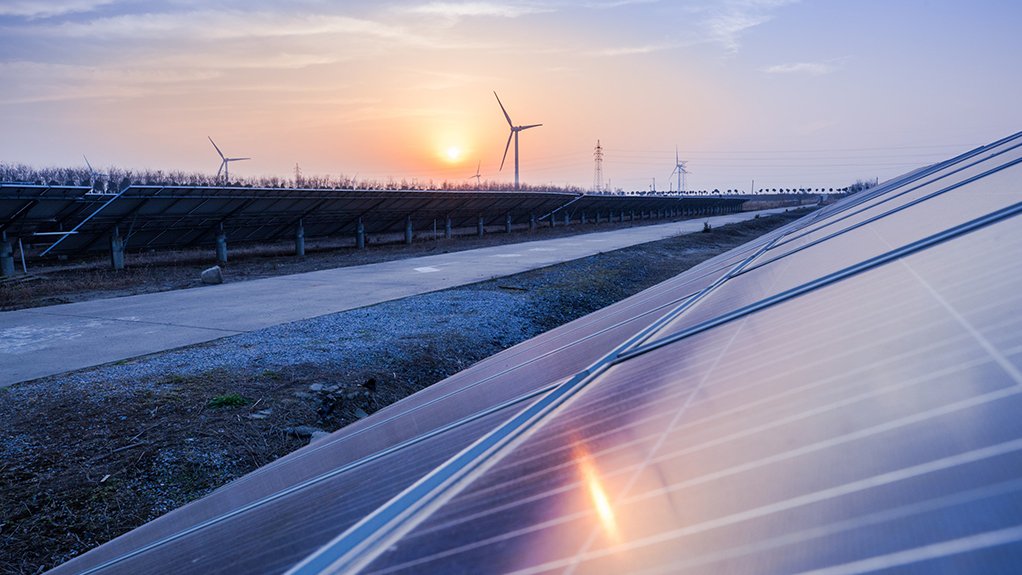As the country battles with stage 2 load-shedding, some of the country's biggest municipalities are working to reduce their reliance on Eskom in favour of Independent Power Producers (IPPs).
Eskom this week introduced stage 2 load-shedding due to unplanned breakdowns at some stations. The power utility intends to end load-shedding next Monday morning. CEO André De Ruyter said at a briefing this week that load-shedding was implemented to avoid a "catastrophic blackout".
Meanwhile, Cape Town Mayor Geordin Hill-Lewis on Wednesday issued a statement indicating the city's plans to launch new tenders for IPPs within the next two weeks. The procurement documents will also indicate the intended timelines to bring the power to the grid.
"It has become clear to the City of Cape Town that if we wish to halt the damage caused by Eskom’s monopoly over electricity generation, we have to take matters into our own hands. The only way for us to provide reliable and affordable electricity to our residents is to source it from elsewhere," Hill-Lewis said.
The IPPs are part of the city's efforts to reduce load-shedding and its negative impacts. Hill-Lewis stressed that load-shedding comes at the cost of failing businesses, and even job losses. "Load-shedding makes the possibility of meaningful economic recovery ever more remote," he said.
Mineral Resources and Energy Minister Gwede Mantashe had in 2020 gazetted amendments to electricity regulations, allowing municipalities in "good financial standing" to develop their own power generation projects.
The City of Ekurhuleni, in its 2020/21 annual report indicated that 46 IPPs had been awarded tenders to provide additional energy for the city. These projects would enable the city to connect between 150 MW and 680 MW of renewable power to the grid, the report read.
The city, like most municipalities, purchases most of its electricity from Eskom and then resells it to residents and businesses. But given Eskom's electricity supply challenges, it is looking to alternative power sources. "Load-shedding has impacted the economy and the City," Ekurhuleni's annual report read.
The city has also started a programme of installing PV solar lighting in informal settlements. "The City installed 64 578 photovoltaic solar lighting units in about the same number of households during August 2016 – June 2021. These PV solar lighting units could, on a normal day, provide energy to light up four globes and a cell phone charger," the report read. In 2020/21 alone, the city installed 10 015 photovoltaic solar lighting in informal settlements, slightly above its target of 10 000.
The City of Johannesburg similarly wants to reduce its reliance on Eskom, and wants 35% of its power to be sourced from renewable energy by 2030 as part of its Climate Action Plan, Bloomberg previously reported.
In October 2021, the city's former mayor Mpho Moerane launched the Energy Sustainability Strategy, which seeks to bring an additional 500 MW to Johannesburg's grid, from solar, gas and waste-to-energy resources.
Last year the City of Johannesburg entered into a power purchase agreement with independent coal-fired power station Kelvin, which would provide it with 220 MW of power in a bid to offset load-shedding .
EMAIL THIS ARTICLE SAVE THIS ARTICLE
To subscribe email subscriptions@creamermedia.co.za or click here
To advertise email advertising@creamermedia.co.za or click here











